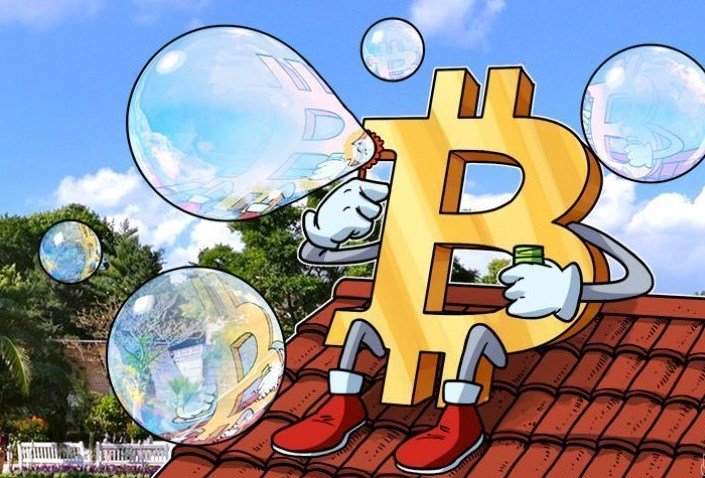
Yale economics professor and Nobel laureate, Robert Shiller, has admitted in an interview with CNBC on Thursday, January 19, that he now "does not know what to do with Bitcoin in the end" after he previously called it "the best example of a bubble. "In recent comments on Thursday, several months after he told the presenter Brian Kelly that it was the "story" of Bitcoin, not its value that had aroused public interest in it, Shiller told reporters "that [Bitcoin] it has no value unless there is a common consensus that it has value.Other things like gold would at least have some value if people did not see it as an investment, " repeating a common narrative that investment in Bitcoin is like tulip mania of the seventeenth century.Although he admitted his uncertainty about Bitcoin's fate, Shiller in general remains skeptical, stating:
"[Bitcoin] could collapse completely and be forgotten and I think it's a good probable result, but it could go on for a long time, it could be here in 100 years."
The two-day fall of Bitcoin this week has partially recovered to tempt $ 12,000 , which means more than 160 percent more than when Shiller made his previous bubble claims in early September 2017.
Its always the same with these critics, it has no value, it is a bubble, tulips, yadda yadda.
None of that is a cogent criticism because as the speaker admits it does have value if people ascribe value to it, and we do. Moreover, that argument fails to account for the energy, and computing power cost that it takes to "make" a bitcoin, through mining. Those costs are calculable, and must be considered when looking at the value of Bitcoin.
Also the bubble adjective is thrown around so much, I feel like they are chicken little, "the sky is falling". Has it grown rapidly? yes. Has it fallen rapidly after the rapid rise? Yes. Has it always shown itself to recover and grow? Yes. Could it go lower and stay lower than it is today? Not across a long enough time period, not as long as we have global internet, and smart devices to track and trade the coins.
The argument that it will one day go to zero is in my view entirely beyond merrit and in no way worth considerable consideration. Why you might ask, because there is already a large group of people that use it, and a growing audience that know about it, and its use case. As the users grow, the ascribed value cannot disappear.
For the value to zero, the entire user base would have to walk away and too many people cherish crypto for that to happen.
Thanks for sharing.